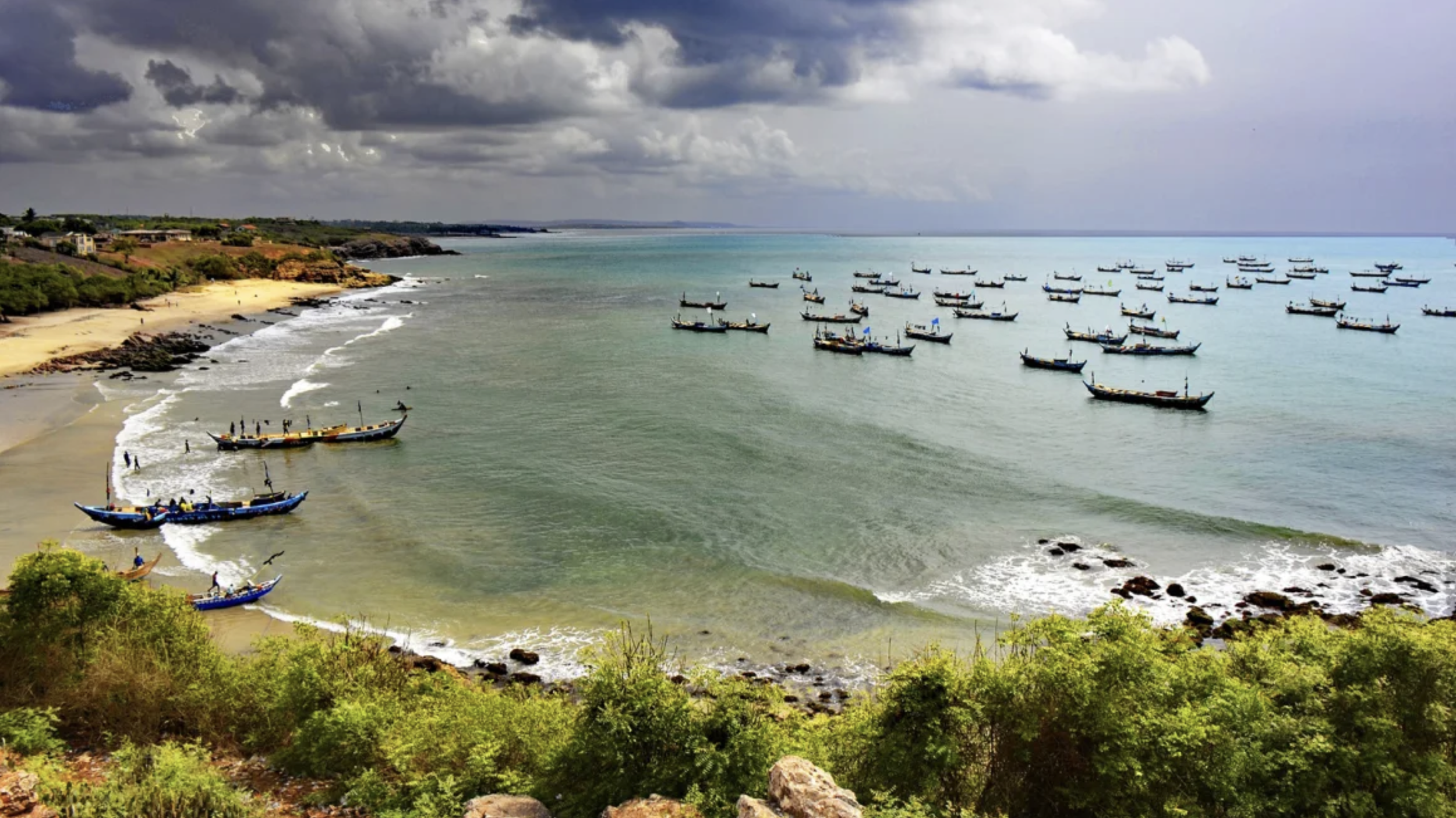Travel Information
Planning a trip to Ghana and Côte d'Ivoire is an adventure in itself. This page provides all the essential details you’ll need to ensure a smooth and enjoyable journey from the United States to West Africa. From flights to visas, packing tips to local transportation, here’s everything you need to know.

Flights and Arrival
Getting There:
Flights from the U.S. to Ghana: The trip will begin in Accra, Ghana’s bustling capital. Major airlines like Delta, United, and KLM offer direct or one-stop flights from key U.S. cities such as New York, Washington, D.C., and Atlanta. I recommend booking your flights early to secure the best rates.
Flights between Ghana and Côte d'Ivoire: After our time in Ghana, we’ll travel to Abidjan, Côte d'Ivoire’s vibrant economic capital. Several regional airlines, including Air Côte d'Ivoire and Africa World Airlines, offer short flights between Accra and Abidjan. I’ll share specific flight recommendations closer to the trip.
Arrival in Ghana:
Kotoka International Airport (ACC): Once you arrive in Accra, you’ll be greeted at Kotoka International Airport, a modern facility with all the amenities you might need. I’ll arrange for airport transfers to our hotel, where you can relax and unwind after your journey.
Arrival in Côte d'Ivoire:
Félix Houphouët-Boigny International Airport (ABJ): In Abidjan, we’ll land at Félix Houphouët-Boigny International Airport. Similar to Accra, I’ll organize airport transfers to our accommodations, ensuring a smooth transition as we begin the Côte d'Ivoire leg of our trip.
Visa Requirements
Ghana:
Visa Application: U.S. citizens require a visa to enter Ghana. The process is straightforward and can be done either online or by visiting a Ghanaian embassy or consulate. I recommend applying for a tourist visa well in advance to avoid any last-minute issues. Be sure to have a valid passport with at least six months of validity from your planned date of entry, as well as a recent passport-sized photo.
Yellow Fever Certificate: Ghana requires all travelers to have a valid Yellow Fever vaccination certificate. Make sure to get vaccinated and bring your certificate with you, as you’ll need to present it upon arrival.
Côte d'Ivoire:
Visa Application: Côte d'Ivoire also requires U.S. citizens to obtain a visa prior to arrival. The easiest way to apply is through the e-visa system, which allows you to complete the application online and pick up your visa upon arrival in Abidjan. Ensure your passport has sufficient validity, and keep an additional passport-sized photo handy.
Vaccinations: Like Ghana, Côte d'Ivoire mandates that travelers present a Yellow Fever vaccination certificate. It’s also wise to check with your healthcare provider about any other recommended vaccines or medications, such as malaria prophylaxis.
Packing Essentials
Suggested Packing List:
Travel Documents: Passport, visas, Yellow Fever certificate, travel insurance details, and copies of important documents.
Clothing: Lightweight clothing, comfortable walking shoes, a light jacket or sweater for cooler evenings, and swimwear for beach days.
Toiletries: Personal hygiene products, insect repellent, travel-sized hand sanitizer, and any prescription medications.
Technology: A universal power adapter, portable charger, and your smartphone or camera to capture the memories.
Day Pack: A small backpack or crossbody bag for day trips and excursions.
Weather Considerations:
Climate: Both Ghana and Côte d'Ivoire have tropical climates, meaning it will be warm and humid during our trip. Light, breathable clothing made from natural fabrics like cotton or linen is ideal. Don’t forget to pack sunglasses, a wide-brimmed hat, and sunscreen to protect yourself from the strong equatorial sun.
Local Transportation
In Ghana:
Airport Transfers: I’ll arrange private airport transfers in Accra, ensuring a comfortable ride to our accommodations.
Getting Around Accra: We’ll have access to a private vehicle for group excursions. For exploring on your own, taxis and rideshare apps like Uber and Bolt are readily available. If you’re feeling adventurous, tro-tros (shared minibuses) offer a local experience, though they can be crowded and less comfortable.
In Côte d'Ivoire:
Airport Transfers: Similar to Accra, private transfers will be organized for our arrival in Abidjan.
Getting Around Abidjan: Abidjan is a large, bustling city with a variety of transportation options. We’ll have a private vehicle for group outings, but taxis are also abundant and relatively inexpensive. The city is known for its traffic, so plan accordingly if you’re venturing out on your own.
